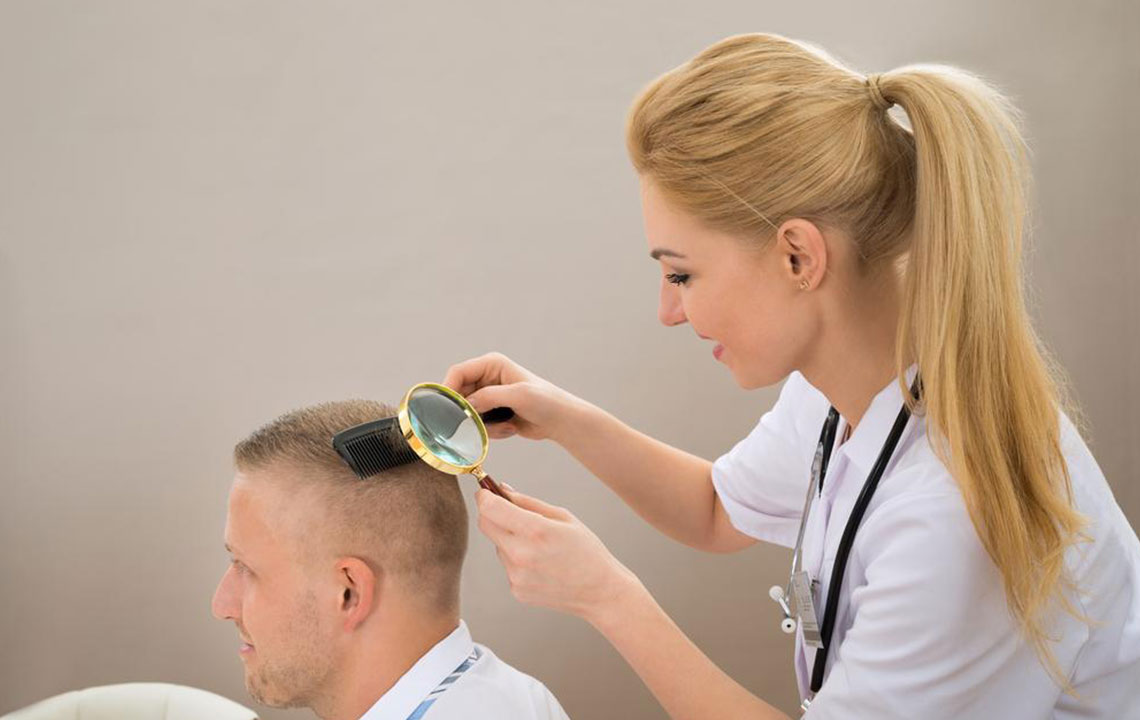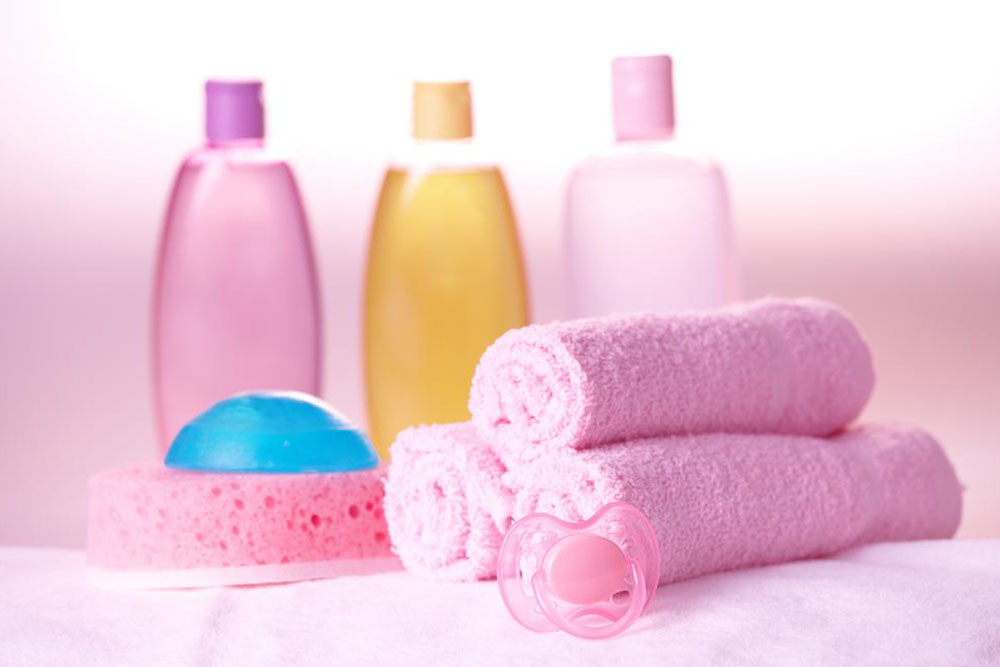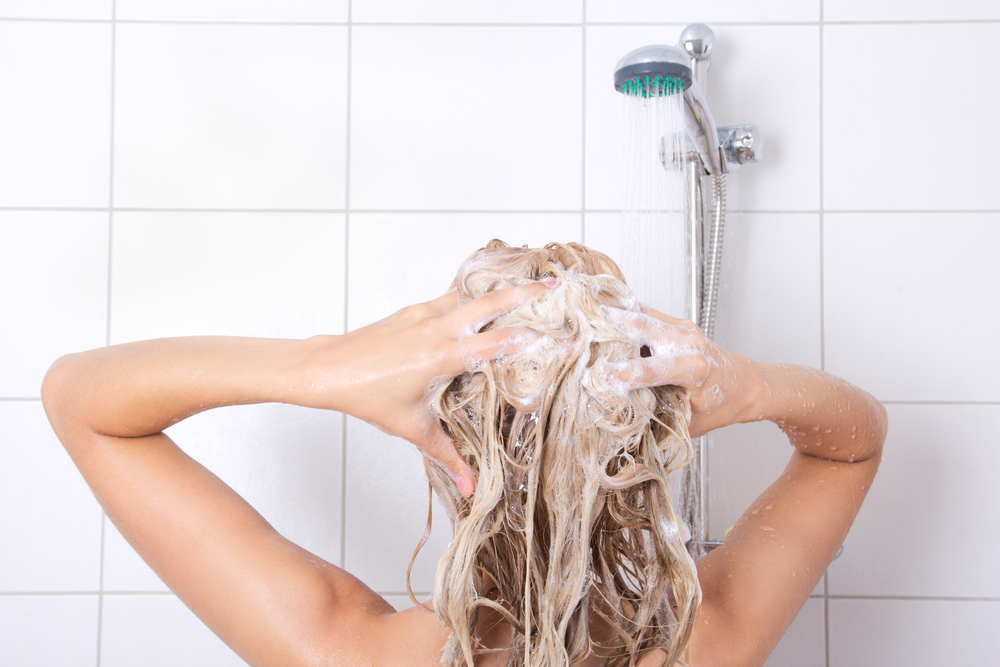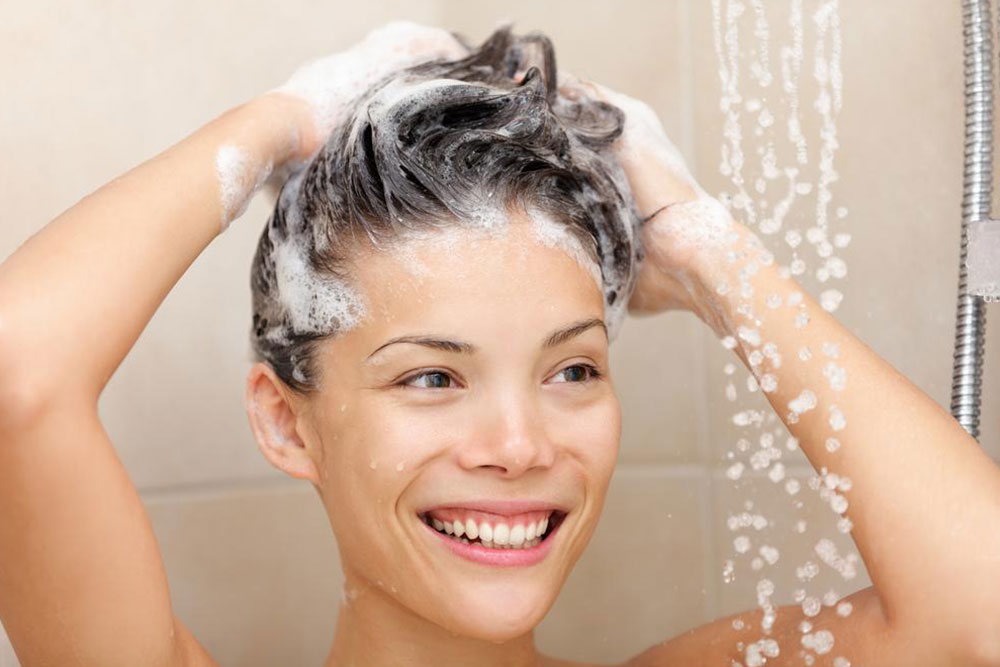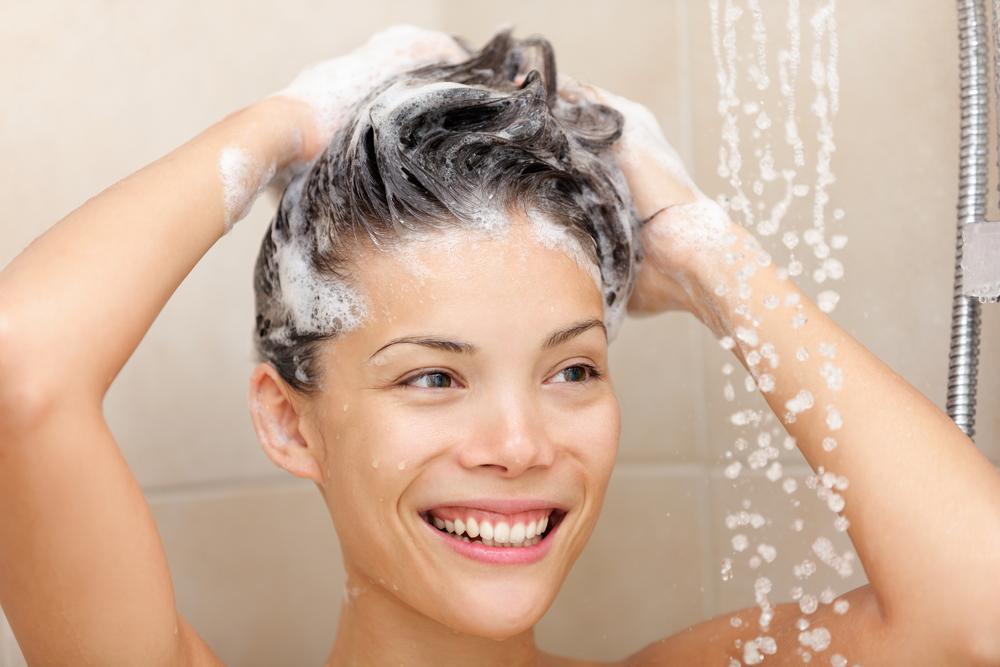Comprehensive Guide to Choosing the Perfect Shampoo Tailored to Your Scalp Type
This comprehensive guide helps you select the ideal shampoo tailored to your scalp type, whether oily, dry, or flaky. It discusses key ingredients like ketoconazole, caffeine, and biotin for hair health, and offers tips on how to care for different scalp conditions effectively. By understanding your scalp’s unique needs, you can improve your hair’s strength, shine, and overall health with the right products. This detailed advice empowers you to make informed choices for optimal scalp and hair care, promoting long-term hair vitality and beauty.
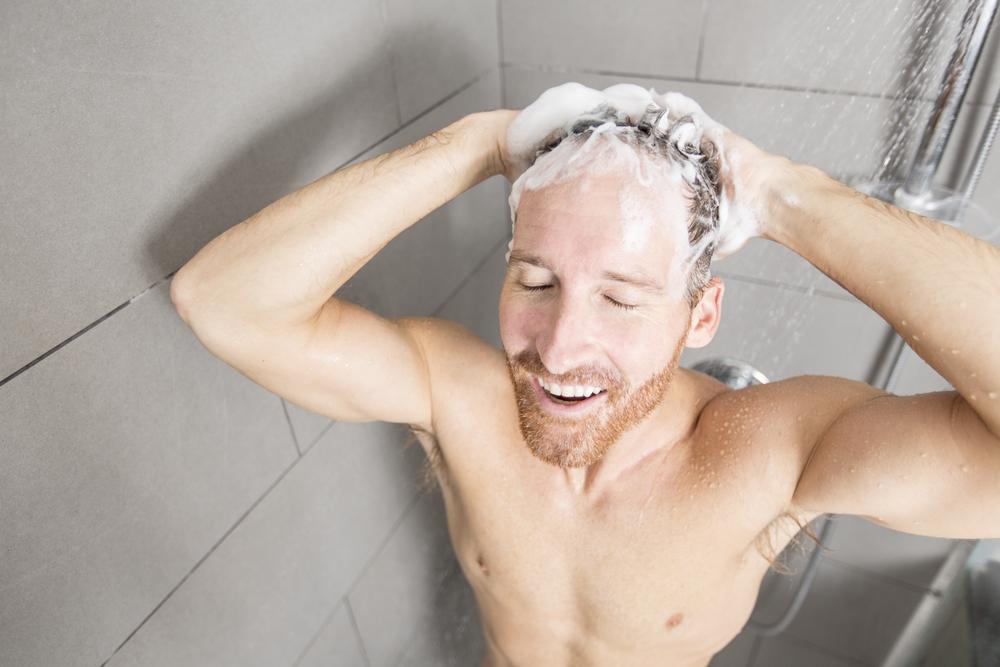
Comprehensive Guide to Choosing the Perfect Shampoo Tailored to Your Scalp Type
Maintaining a healthy scalp is essential for achieving beautiful, strong hair. While shampoos are primarily used to cleanse hair and scalp from dirt, excess oil, and styling residues, not all shampoos are suitable for every scalp condition. The effectiveness of your hair care routine hinges on selecting a shampoo that aligns perfectly with your scalp’s specific needs. Many people experience scalp issues such as oiliness, dryness, flakiness, or even irritation, which can lead to discomfort and hair problems if not properly addressed. Understanding your scalp type and choosing the appropriate shampoo can significantly improve your hair’s health, appearance, and overall vitality.
With a vast array of hair care products available on the market today, finding the right shampoo can often seem overwhelming. However, by gaining insight into your scalp’s unique characteristics and needs, you can streamline your options and select products that truly benefit you. This detailed guide aims to provide you with the essential knowledge to identify your scalp type accurately and recommend the most suitable shampoos and ingredients to help you maintain a healthy scalp and luscious hair.
Understanding your scalp condition is the first crucial step toward effective hair care. Different scalp types require different formulations of shampoos. For example, what works for an oily scalp may be detrimental to a dry scalp, and vice versa. Recognizing these distinctions can help you choose products that promote scalp health, prevent further issues, and encourage optimal hair growth.
Important Ingredients to Look for in Hair Care Products Addressing Hair Loss
Ketoconazole: This powerful antifungal agent, typically at a concentration of 2%, is often combined with minoxidil in specialized shampoos to help reduce hair shedding. It effectively treats scalp fungal infections such as Pityriasis, which can lead to inflammation and hair loss. Incorporating shampoos with ketoconazole can be beneficial for individuals suffering from dandruff-related hair issues or scalp infections.
Caffeine: Renowned for stimulating hair follicles, caffeine shampoos can counteract the effects of aging on hair growth. They enhance keratin production, strengthen hair strands, and promote thicker, healthier hair by improving blood circulation to the scalp.
Biotin (Vitamin B7): Critical for overall hair health, shampoos enriched with biotin can strengthen hair roots, prevent hair loss, and improve hair elasticity. Biotin also supports keratin infrastructure, which is essential for producing resilient, shiny hair.
When selecting a shampoo, ensure it is appropriate for your scalp condition and that you use a conditioner that complements your hair type to maximize benefits.
Different Scalp Types and How to Care for Them
Oily Scalp: If your scalp produces excess sebum, resulting in greasy hair that requires frequent washing—sometimes daily—it’s essential to choose shampoos formulated to regulate oil production. Look for labels indicating volumizing, clarifying, balancing, or strengthening qualities. Avoid moisturizing or hydrating shampoos, as these can exacerbate oiliness. Clarifying shampoos can be very effective but should be used cautiously—overuse can lead to scalp dryness. When washing, focus on rinsing thoroughly and avoid applying conditioners directly to the scalp to prevent additional oil buildup. Instead, apply conditioner mainly to the hair strands to maintain moisture without weighing down your hair.
Dry Scalp: Characterized by itchiness, flaking, dandruff, and sometimes irritation, a dry scalp needs gentle, moisturizing shampoos that restore hydration and soothe discomfort. Ingredients like tea tree oil, menthol, or aloe vera can provide cooling, calming effects and hydration. It's crucial to avoid sulfate-containing shampoos, as sulfates can strip natural oils, exacerbate dryness, and irritate sensitive scalps. Regular use of specially formulated dry scalp shampoos, combined with conditioners designed for moisture retention, can help rebuild scalp health over time, leading to less flakiness and improved hair texture.
